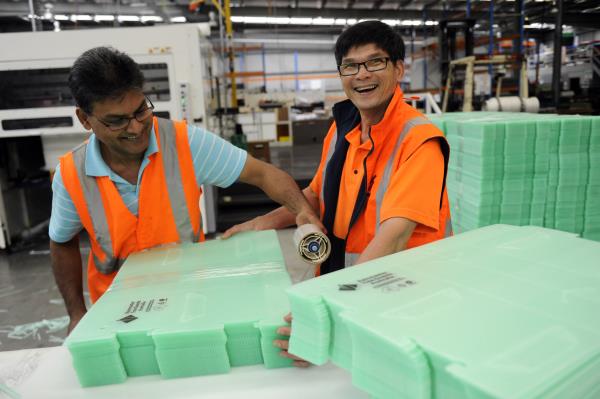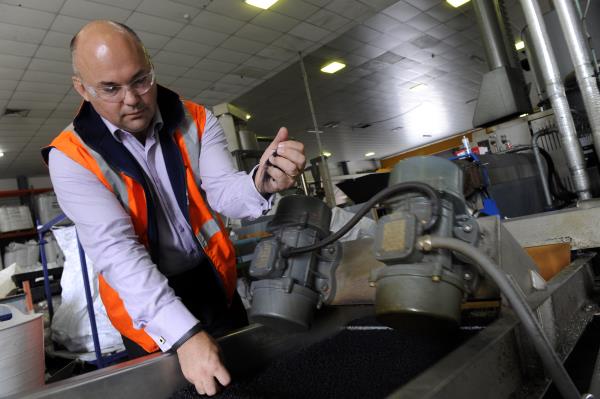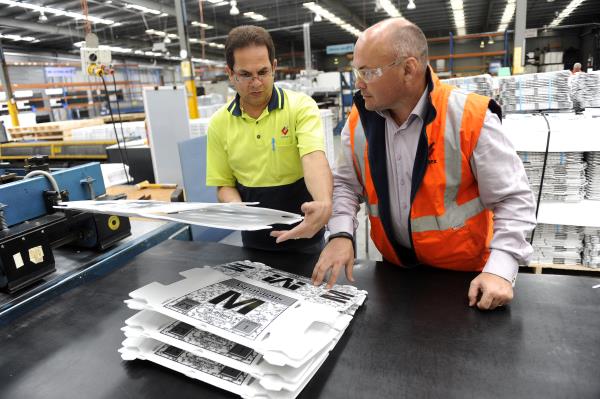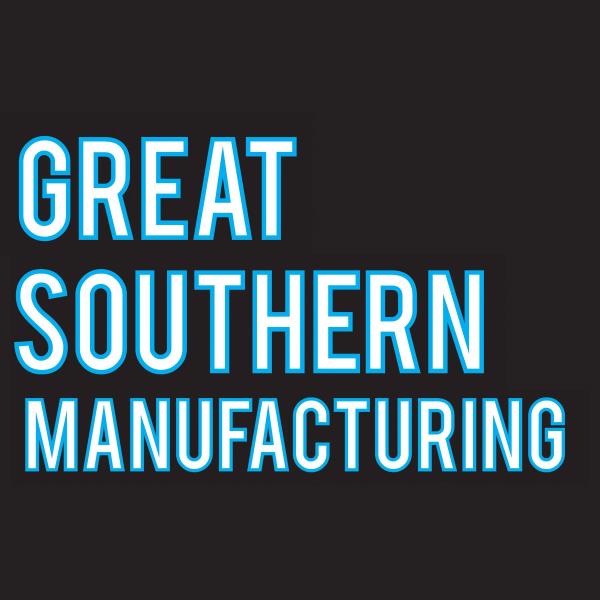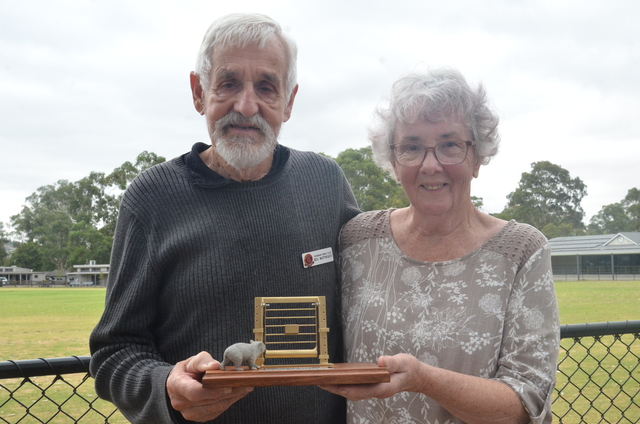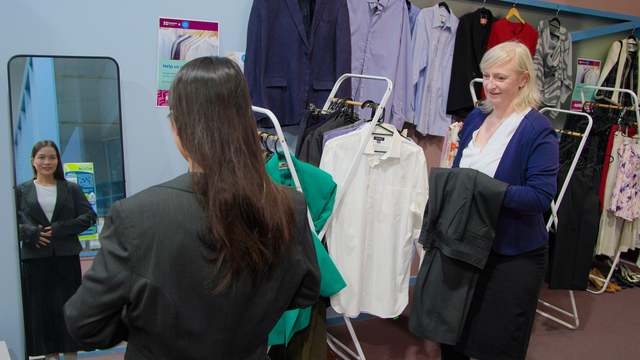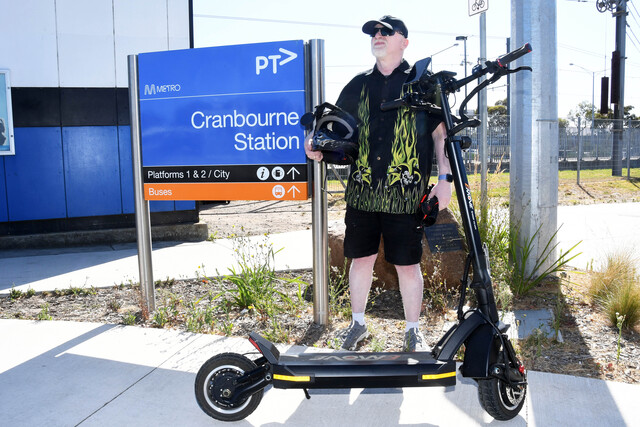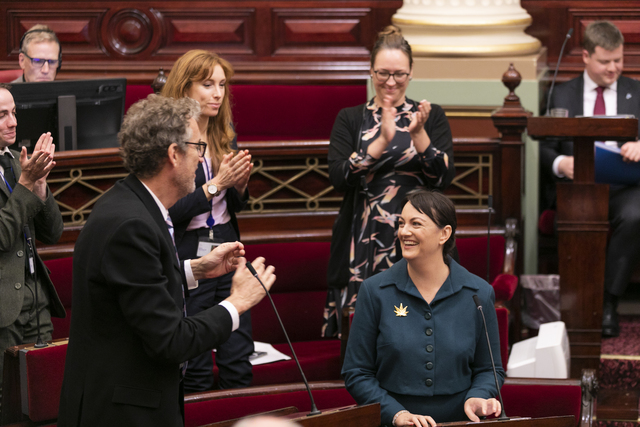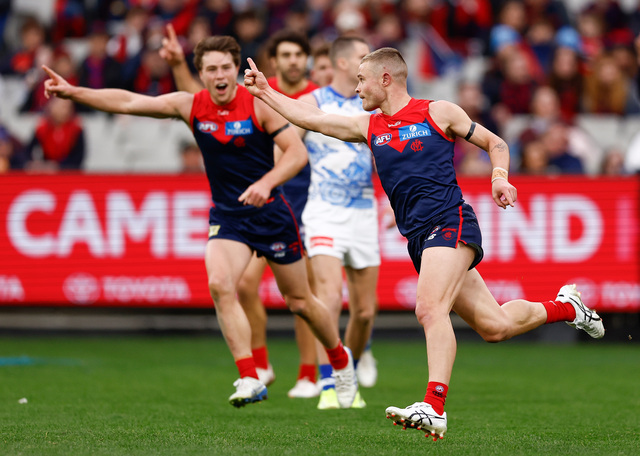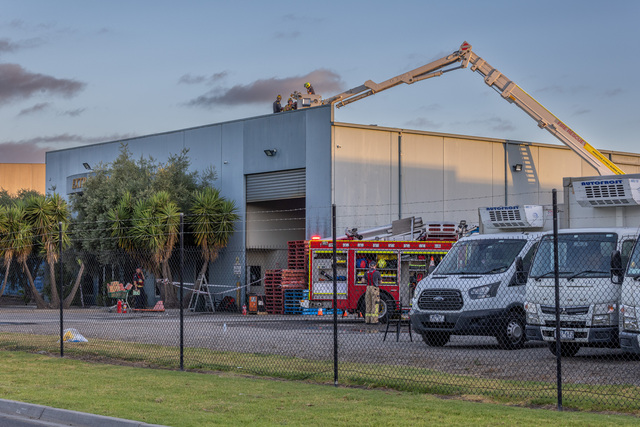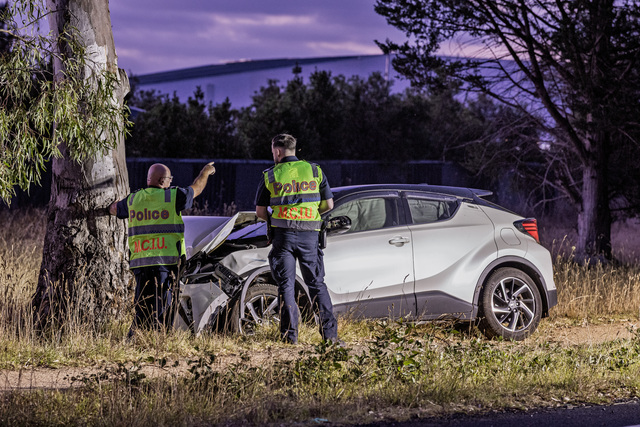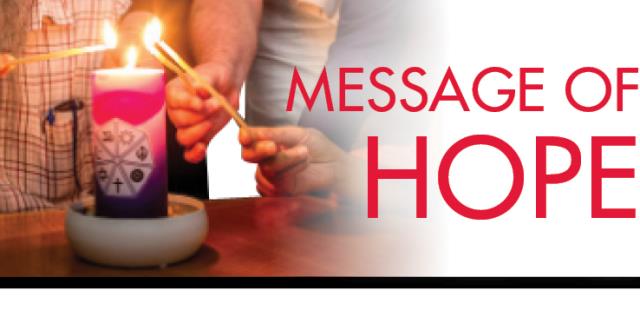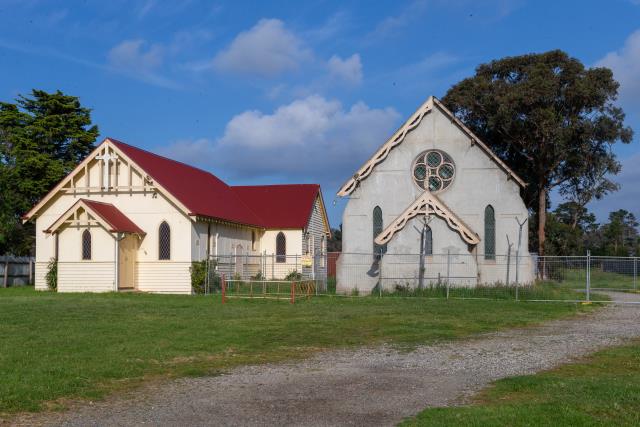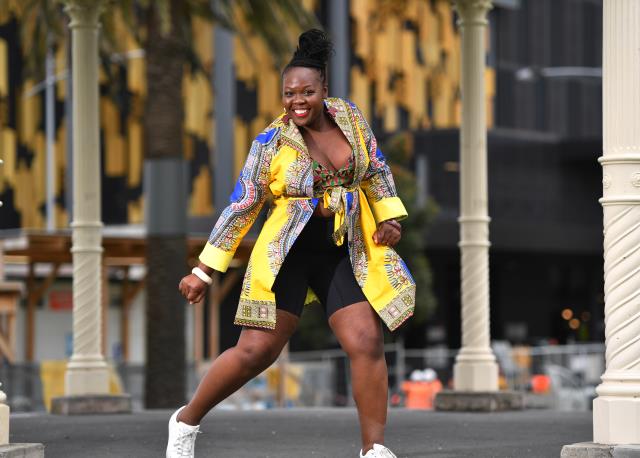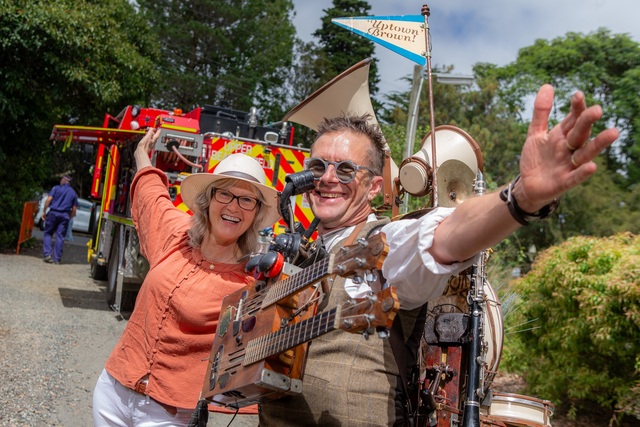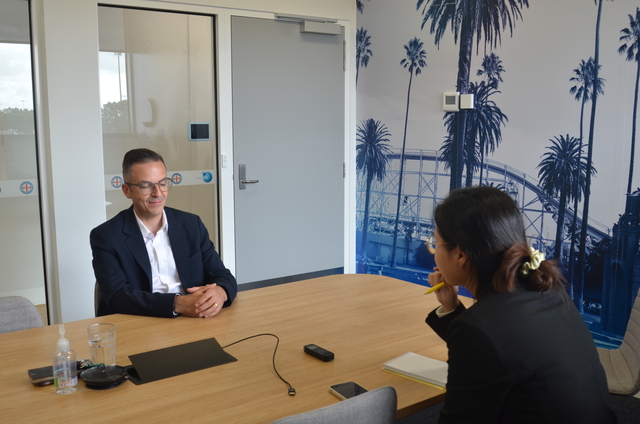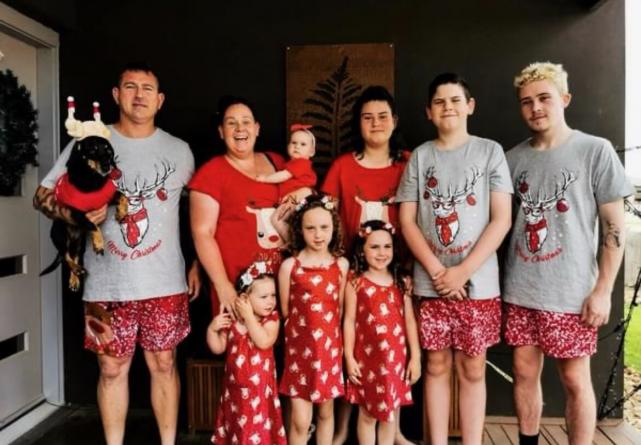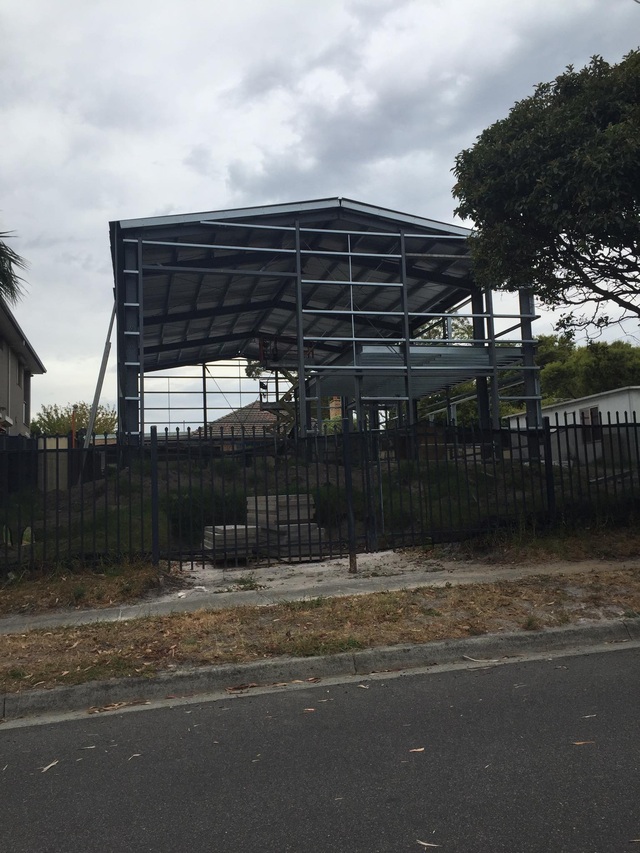By CASEY NEILL
DANDENONG’S Corex Plastics Australia is more than a manufacturer.
Managing director Simon Whiteley sees it as a “custodian of polymer”.
“We see ourselves as operating in an eco-system that’s beyond our business,” he said.
The South East Melbourne Manufacturers Alliance (SEMMA) president is also committed to nurturing the wider manufacturing industry.
He’s part of Committee for Dandenong’s Greater Southern Manufacturing project, Making it Great … in Dandenong.
“Manufacturing generates wealth,” Mr Whiteley said.
“It’s about developing a reputation for excellence in the area.
“There’s a lot of diversity and skills sets here that you can’t readily replace.”
He said manufacturing was a good source of employment.
“I’ve got guys who have been here with us 20 years,” he said.
“There’s a succession issue. Those skills sets have got to be transferred on.
“And it’s exciting. Making stuff’s great.”
Corex struggled in recent years under the weight of a rising Australian dollar, increasing oil prices, and the Carbon Tax “which our overseas competitors didn’t have”.
“All those things together – I would not have dreamt of that in any business scenario,” Mr Whiteley said.
“It allowed us to focus on what was important – what do our customers value.”
And thinking green was high on the list.
Corex recycles up to 20 tonnes of plastic each day, and its new products have about 50 per cent recycled content.
“Ideally you would run it as high as you can but in reality there are some properties we can’t replicate in sufficient volumes,” Mr Whiteley said.
“We just need to have more availability and then we can diversify more.
“We want to use the plastic for what its real value really is.
“It’s a valuable commodity and it should be recognised that as a resource, it’s more recyclable than cardboard.
“Rigid plastics have always been the orphan of recycling. Everyone thinks about little bottles and so on.”
Mr Whiteley said recycling technology improvements that started eight years ago had cut energy use by 80 per cent and reduced the product’s carbon footprint.
“We’ve always recycled within our business. That’s easy because it’s clean, we know its origin,” he said.
“The challenge is when it’s dirty. That’s where those machines are good.”
Mr Whiteley said Corex tried to enhance its products’ lifecycles.
“We see ourselves as not selling sheet product – that’s how you would have defined us previously – but with the advent of our development of recycling, we see ourselves as custodians of polymer,” he said.
“Plastics tend to get a bad rap – that they’re bad for the environment, and everyone thinks of shopping bags.
“The reality for us is that we want to recycle the material and put it back, ideally, into the application it came from or, if not, something similar.
“We want to know where it ends up. We want to divert stuff away from landfill and back into the plant.
“At any one time the incoming goods equals what goes out in terms of truck movements per day.
“We even recycle our competitor’s products. No one’s fully integrated like we are.”

